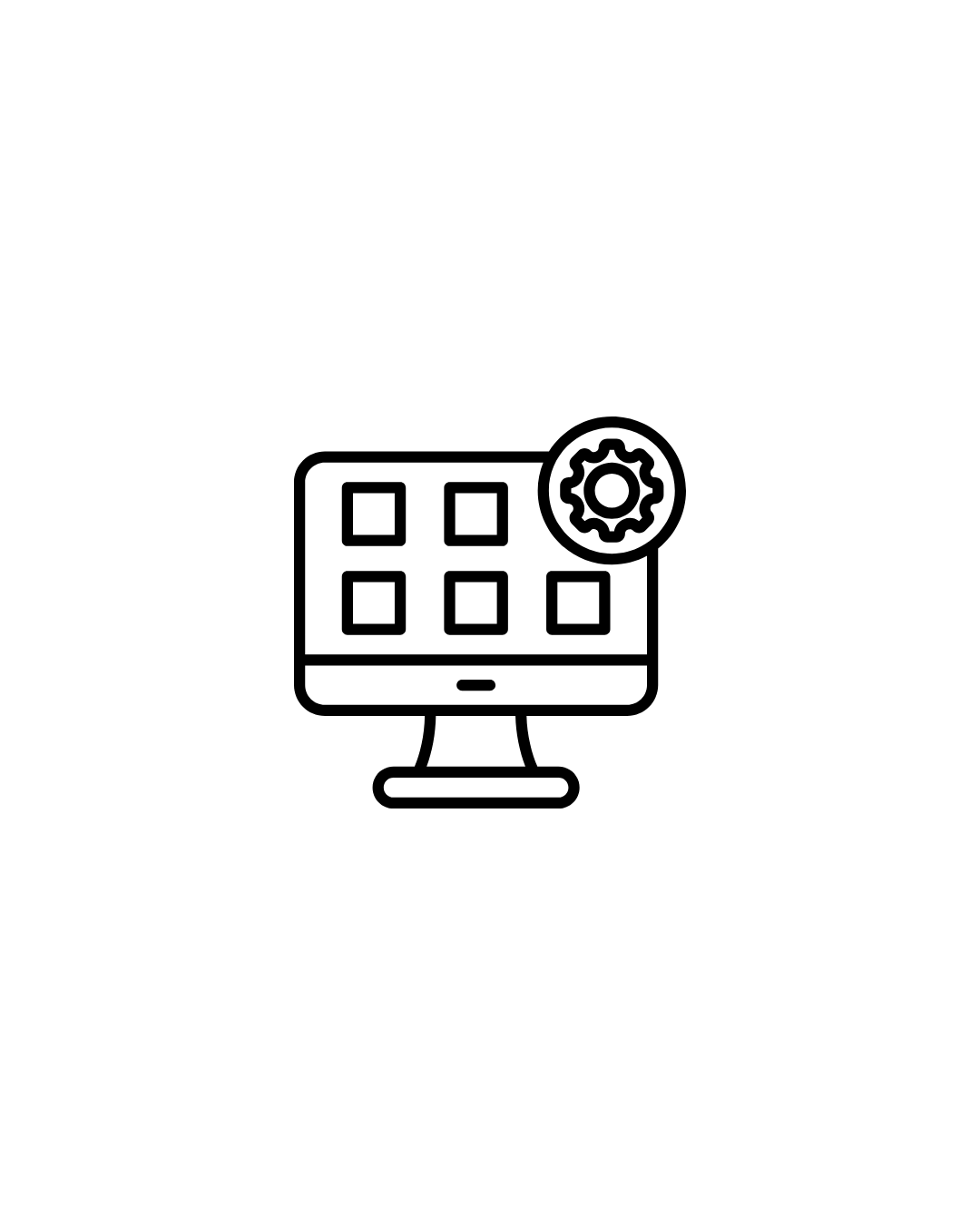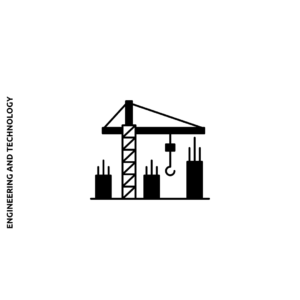Description
A Bachelor of Science in Computer Applications (B.Sc. in Computer Applications) is an undergraduate degree program designed to equip students with a solid foundation in programming, software development, and the various applications of computer technology. This program integrates theoretical knowledge with practical skills, preparing graduates for diverse careers in the IT industry and other sectors that rely on technology.
Curriculum Overview
The curriculum for a B.Sc. in Computer Applications typically covers a mix of foundational subjects, programming languages, software engineering, and practical lab work. Here are some common courses and topics that students might encounter:
Programming Fundamentals:
Introduction to programming concepts using languages such as C, Java, or Python, focusing on algorithms and data structures.
Computer Organization:
Understanding the fundamental components of computer systems, including the CPU, memory, and input/output devices.
Operating Systems:
Study of various operating systems, their functions, components, and concepts such as process management, threading, and memory management.
Database Management Systems:
Introduction to database concepts, design, SQL, and the management of relational databases.
Software Engineering:
Overview of software development life cycles, methodologies, and project management practices, including Agile and Scrum.
Web Technologies:
Development of web applications using HTML, CSS, JavaScript, and server-side technologies like PHP or Node.js.
Data Structures and Algorithms:
In-depth exploration of various data structures (arrays, linked lists, trees, graphs) and algorithm design, analysis, and optimization.
Computer Networks:
Understanding networking concepts, protocols, architectures, and security measures essential for IT infrastructure.
Mobile Application Development:
Basics of developing applications for mobile platforms, including the use of frameworks and programming languages like Kotlin or Swift.
Information Security:
Principles of cybersecurity, data protection, and best practices for securing applications and networks.
Artificial Intelligence and Machine Learning (optional):
Introduction to concepts and techniques in AI and machine learning, including supervised and unsupervised learning.
Capstone Project/Internship:
A project or practical experience that allows students to apply their skills in real-world scenarios, often involving collaboration with industry partners.
Career Opportunities
Graduates with a B.Sc. in Computer Applications can pursue various career paths in the technology sector and beyond. Here are some potential job roles:
Software Developer: Designing and developing software applications ranging from desktop to mobile platforms.
Web Developer: Building and maintaining websites and web applications, focusing on user experience and functionality.
Database Administrator: Managing and maintaining databases, ensuring data integrity, security, and optimal performance.
Systems Analyst: Evaluating and improving IT systems within organizations to enhance efficiency and effectiveness.
Network Administrator: Overseeing network infrastructure, ensuring connectivity and security for organizational operations.
IT Support Specialist: Providing technical assistance to users, troubleshooting hardware and software issues.
Application Support Analyst: Supporting and maintaining software applications, assisting users with issues, and ensuring the smooth operation of software systems.
Quality Assurance Analyst: Testing software applications to identify bugs, ensuring that they meet quality standards before release.
Data Analyst: Analyzing data sets to provide insights and inform business decisions, often utilizing statistical tools and software.
Game Developer (optional): Creating interactive video games, focusing on programming and game design.
Further Education
Graduates may choose to pursue advanced degrees, such as a Master’s in Computer Science, Information Technology, or Software Engineering. Specializations like cybersecurity, data science, or cloud computing are also avenues for further study.
If you have more specific questions about the curriculum, career paths, or any other aspects of a B.Sc. in Computer Applications, feel free to ask!









